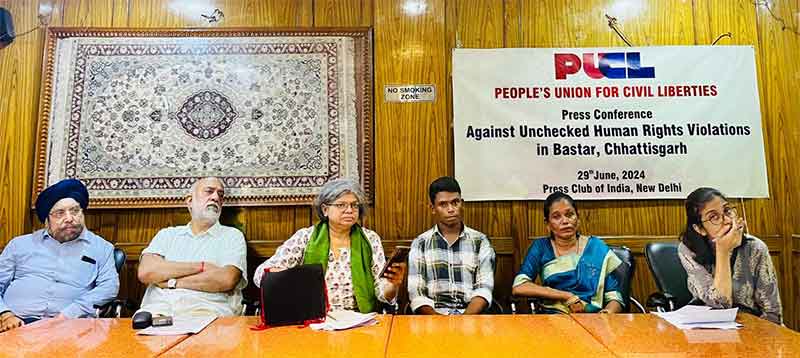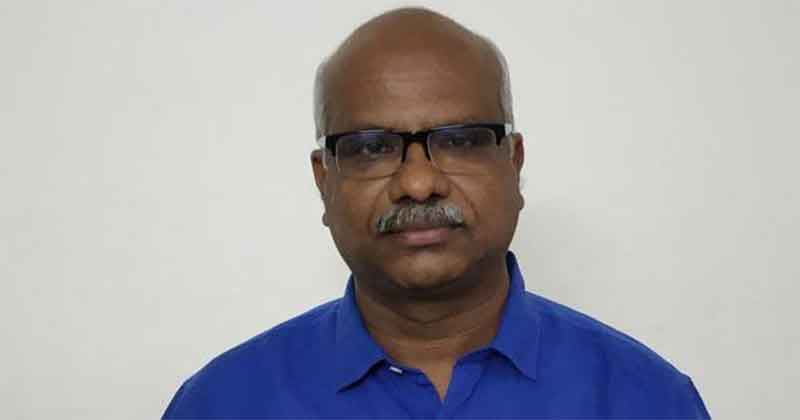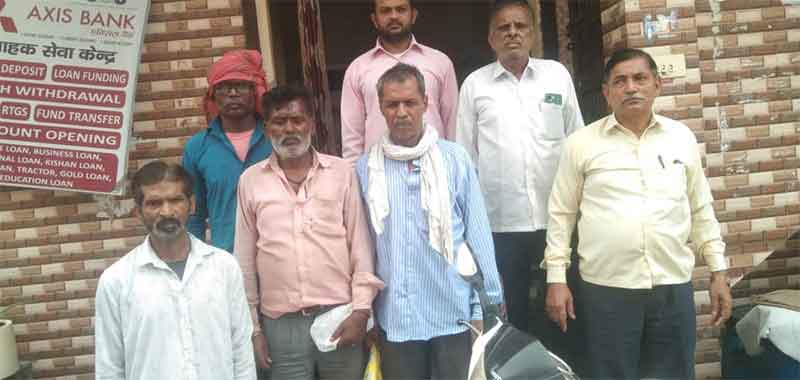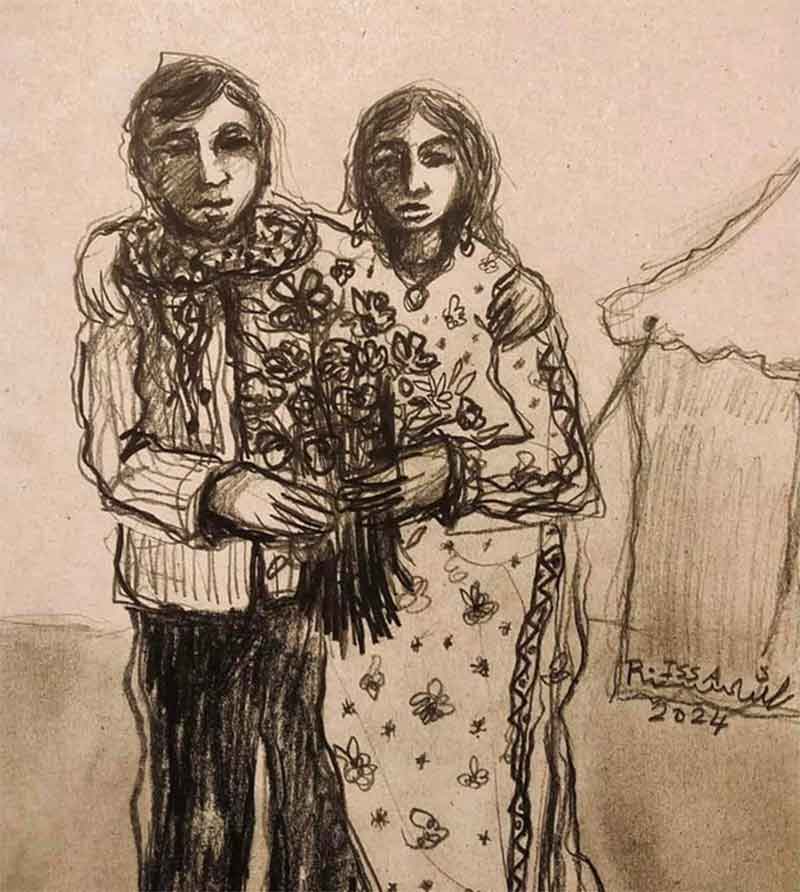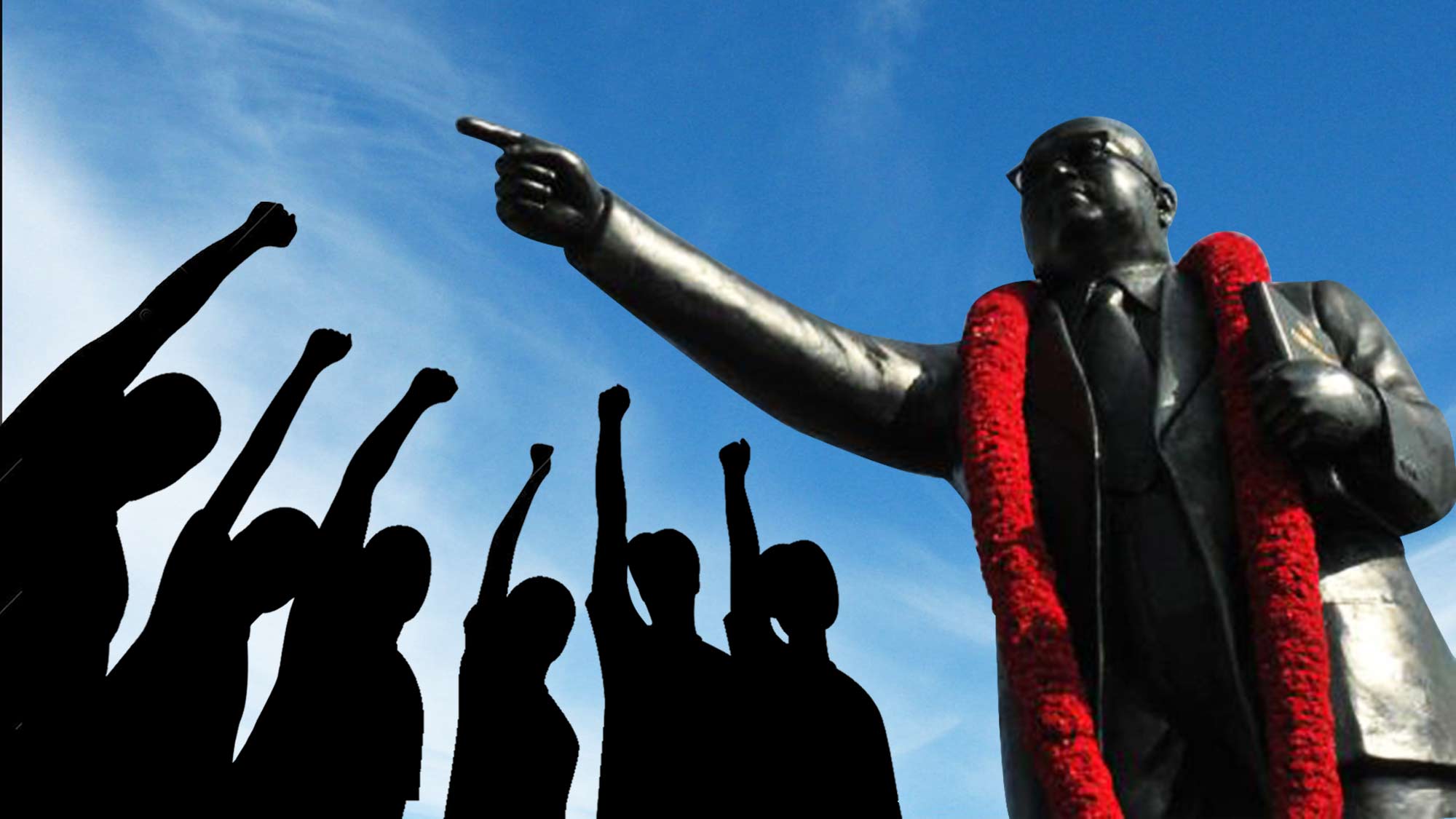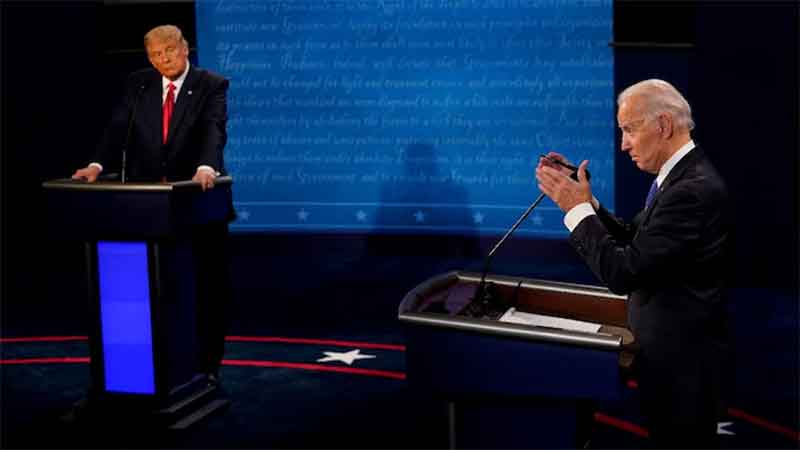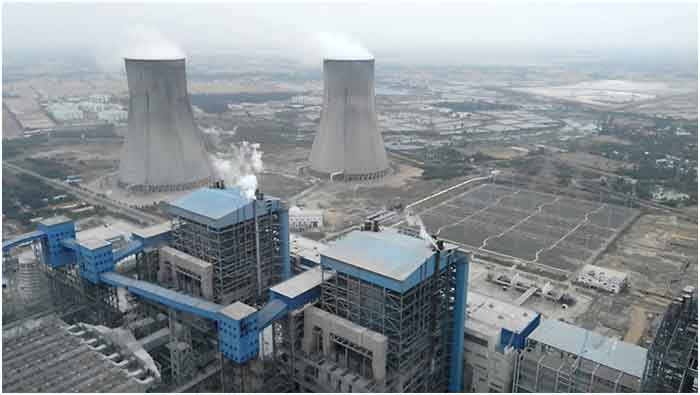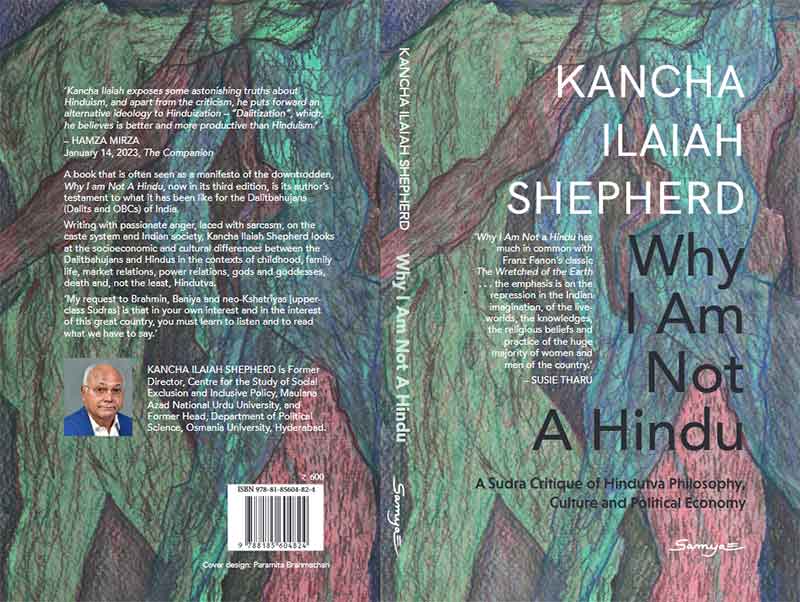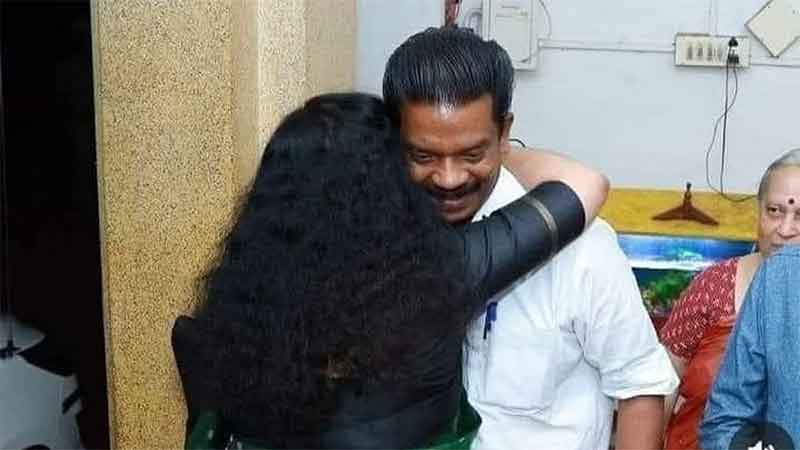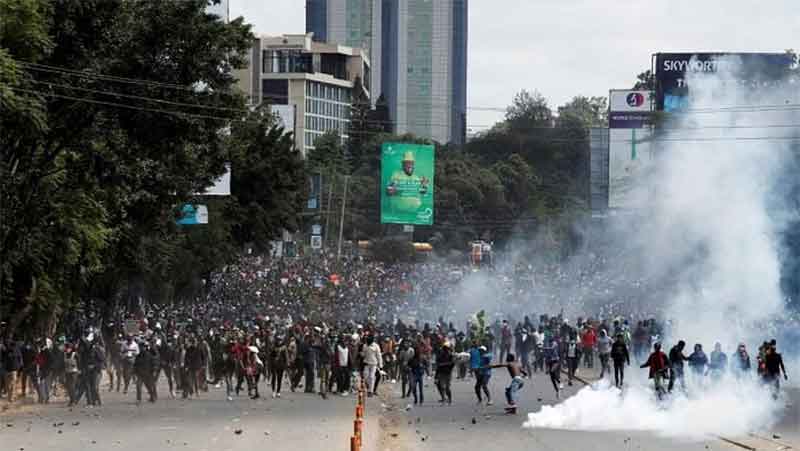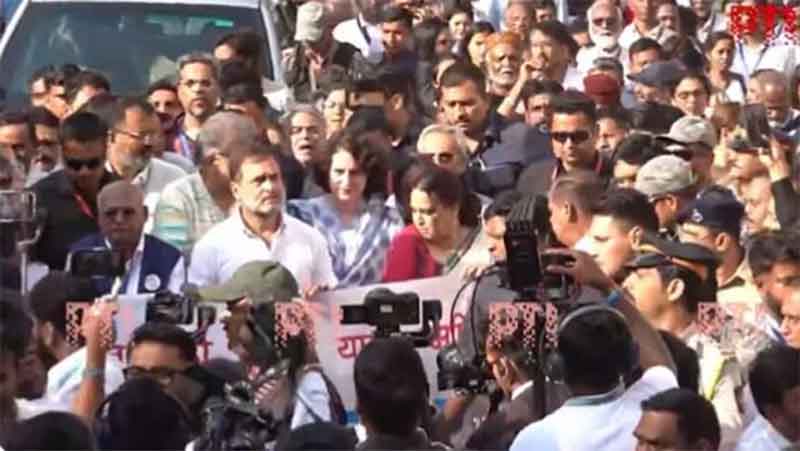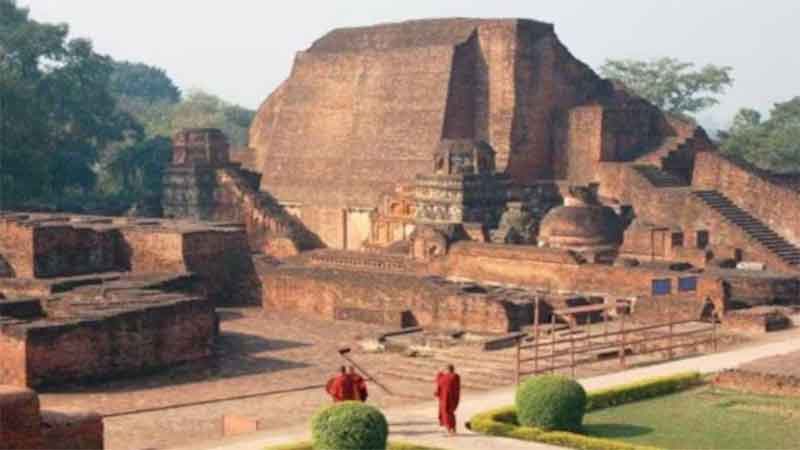
Democracy is not only a product of the struggles of the working classes, but its survival against all odds also depends on the unwavering commitment of the working people. Historically, the working class has played a pivotal role in the establishment, promotion and preservation of democratic processes and institutions. Their collective actions, from organising labour movements to participating in political processes, have been fundamental in shaping democratic societies, states, and governments. The ongoing resilience and active participation of the working class are crucial for maintaining and enhancing democratic cultures and values.
In times of political turmoil and economic challenges, it is often the working people who stand at the forefront, advocating for rights, justice, and equality. Their dedication ensures that democracy remains a dynamic and inclusive system, capable of addressing the needs and aspirations of all its citizens irrespective of their backgrounds. Therefore, acknowledging and supporting the contributions of the working class is essential for the continued health and growth of democratic governance.
However, the propertied classes, industrialists, and business owners, ruling and non-ruling elites continue to employ various strategies to undermine the working-class origins of democracy by promoting and practicing hereditary politics, as if political power is a property that must be inherited and controlled by a family. This approach not only contradicts the fundamental principles of democracy but also reinforces a system of entrenched privilege and inequality. By perpetuating the notion that political authority should remain within certain families, these elites aim to consolidate their power and maintain the status quo. This practice often results in a concentration of power that excludes the broader population, particularly women, working class, poor, marginalised communities, castes, people of colour from meaningful participation in the political processes.
Hereditary politics undermines the democratic ideal of equal opportunity and representation, fostering an environment where political positions are passed down through generations without regard to experience in public life, merit, or public service. The rich and powerful do not consider elections as tools for deepening democracy in the society. They often use elections as a means to capture state power, control government, and pursue their own interests. By leveraging their substantial resources, they influence electoral outcomes through extensive campaign financing, media control, and lobbying efforts. This enables them to shape policies and legislation in ways that favour their economic and political agendas. This manipulation of the democratic process undermines the principle of fair representation, as it skews the political landscape in favour of those with wealth and influence. Ordinary citizens find their voices drowned out by the sheer volume of money and power wielded by elite groups. As a result, policies that should serve the broader public interest are frequently designed to benefit a privileged few.
Such a strategy erodes public trust in democratic institutions and processes. When political power is perceived as a family heirloom rather than a public mandate, citizens become disillusioned with the democratic system and its ability to address their needs and concerns. This disillusionment leads to apathy, reduced civic engagement, and even social and political unrests. The influence of the rich and powerful extends beyond elections. They often maintain their grip on power by funding think tanks, political action committees, and other organisations that promote their interests. This creates a cycle where the same elite groups continue to dominate the political arena, perpetuating inequality and limiting social, political, and economic mobility.
Hereditary politics and inheritance of state power is fundamentally opposed to the democratic transformation of society, which seeks to ensure individual liberty, social and economic equality, and political justice. This system of inherited political power undermines the core democratic principles of participation, representation, and equal opportunity by concentrating authority within specific families or groups. Moreover, hereditary politics hampers political justice by limiting the diversity of perspectives and ideas within the government. When political power is confined to a few reactionary families, groups, the range of voices and viewpoints that influence policy making is significantly reduced. This exclusion of diverse opinions weakens the democratic process and can lead to governance that is out of touch with the realities and aspirations of the citizenry.
Electoral and constitutional democracies are not properties to be inherited based on family lineages. These forms of government are founded on the principles of egalitarian participation and representation, equal opportunity, and the collective will of the people. They are designed to ensure that political power is derived from the consent of the governed, not from inherited privilege. Hereditary politics erodes the integrity of democratic institutions by creating an uneven playing field where a select few enjoy disproportionate advantages. This practice often leads to governance that prioritises the interests of a narrow elite over the broader population. It stifles innovation and progress by limiting political leadership to a small, privileged group, regardless of their experiences, skills, or public support.
Moreover, the perception that political power can be inherited diminishes public trust in democratic processes. Citizens become disillusioned with a system that appears rigged in favour of entrenched elites, leading to apathy and disengagement. This weakens the very foundation of democracy, which relies on active and informed participation from all segments of society.
In a true democracy, political positions should be accessible to all citizens based on their abilities, ideas, and dedication to public service, rather than on their family lineage. Democratic political leaders are chosen through free and fair elections, reflecting the choices of the electorate. This process is meant to provide every eligible citizen with an equal opportunity to participate in the political arena, either as voters or as candidates. When political power is concentrated within specific families and passed down through generations, it undermines these democratic ideals.
Hereditary politics contradicts the foundations of democratic ideals, fostering an environment where power is passed down through generations, often irrespective of competence or public approval. Such a system perpetuates social and economic inequalities by entrenching a ruling class that is insulated from the experiences and struggles of ordinary people. This leads to policies and decisions that favour the interests of the elite, rather than addressing the needs of the broader population. As a result, the gap between the wealthy and the poor widens, and social, economic, and political mobility is stifled that derails democratic empowerment of people.
It is necessary to dismantle the structures that support hereditary politics to foster a truly democratic society that upholds individual liberty, social and economic equality, and political justice. It is also essential to encourage and facilitate wider political participation, implementing strict anti-nepotism laws, and promoting transparency and accountability in government are crucial steps to ensure democratic outcomes. By ensuring that political power is earned and not inherited, people can create a more equitable and just society that reflects the democratic values that working people aspire to uphold as equal citizens and shareholders of democracy, state, and government. People’s democracy is the only form of sustainable democracy that working people needs to reclaim it to save their citizenship rights.
Bhabani Shankar Nayak, London Metropolitan University








